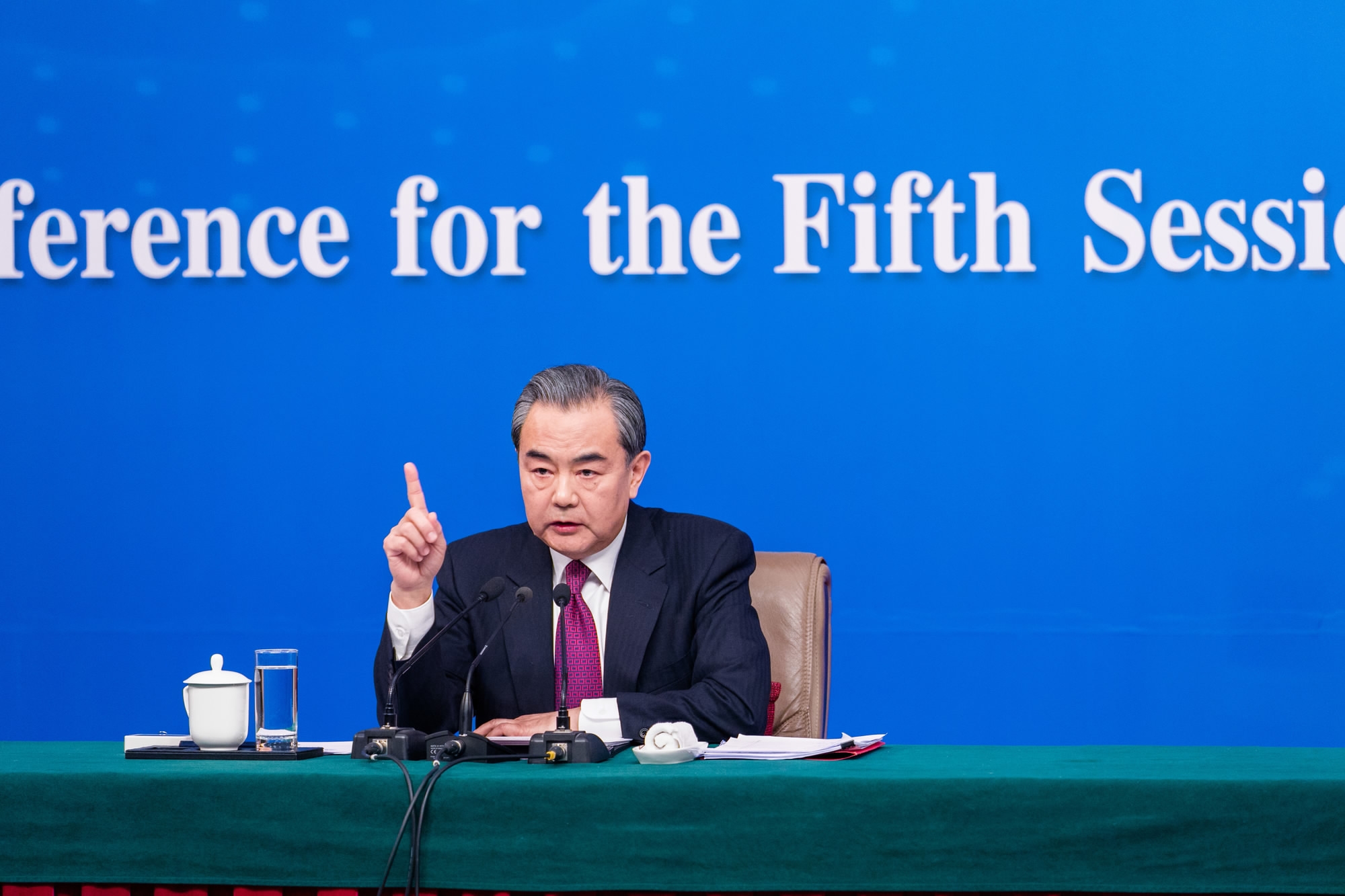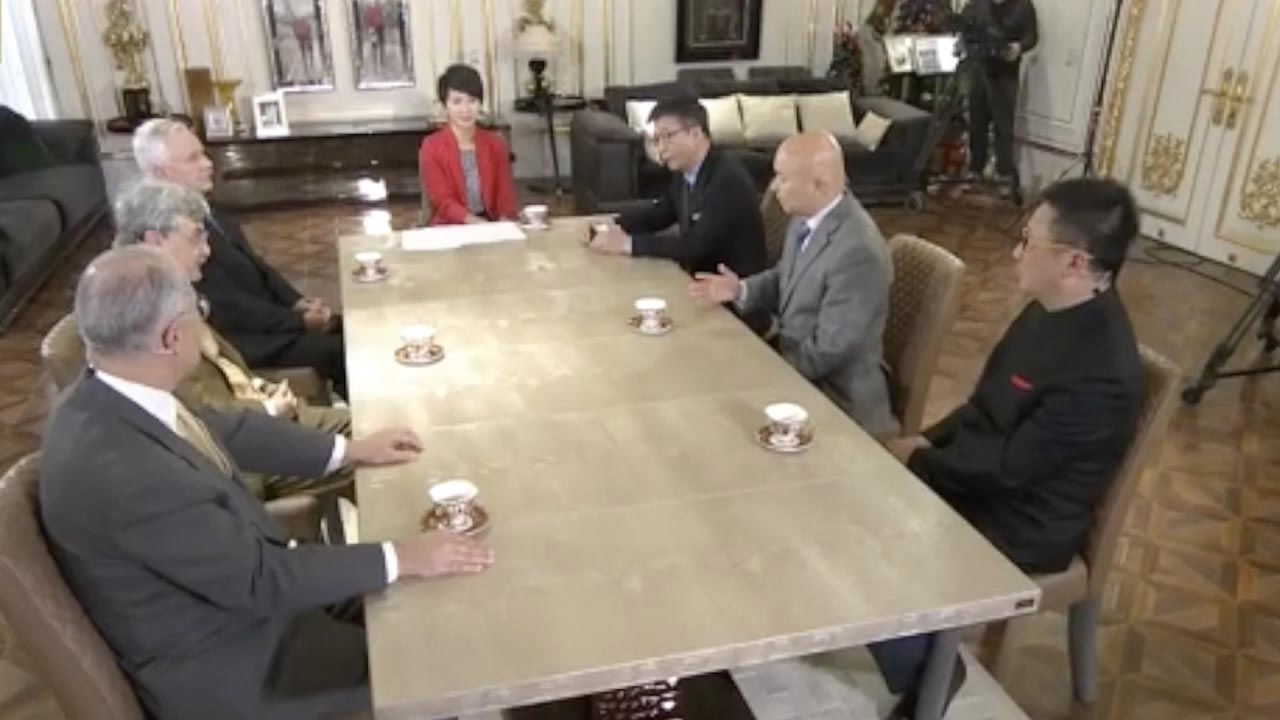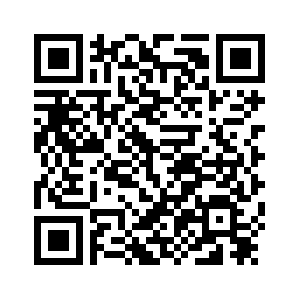
Politics
19:50, 08-Mar-2017
How will China shape its relations with major global powers?
Updated
10:59, 28-Jun-2018

By CGTN’s Xu Hua
The Two Sessions are seen as the beginning of a new cycle in China's political year. Now that Premier Li Keqiang has delivered his work report, the world is keen to learn about China's foreign policy for 2017. China has defined itself as a builder of world peace, a contributor to global development, and an upholder of international order. How does the world interpret the evolution of China's role from holding back during its initial opening up to today's position of increasing involvement? Is China taking center stage in its foreign diplomacy? Experts have noted China's emphasis on opening up, casting the choice as one which benefits China itself as well as the rest of the world.
"China's evolution is quite different, as its political and finance system is not in the lead scene with the western model," according to Einar Tangen, political and economic affairs author. "It's critical to see how China develops this leadership model if it is to be an effective or contributing and organized one."

Earlier this year, President Xi Jinping made a passionate speech at the World Economic Forum in Davos, Switzerland, in which he compared protectionism to "locking oneself in a dark room." China's development is an opportunity for the world. He stressed that China has not only benefited from economic globalization but also contributed to it. Rapid growth in China has been a sustained, powerful engine for global economic stability and expansion, Xi said at the time.
Belt and Road
Chinese Foreign Minister Wang Yi met the media on the sidelines of the annual session of the National People's Congress on Wednesday. Wang said the idea of the Belt and Road Initiative came from China but it belongs to the world with the benefits flowing to all countries. The initiative is open to everyone, and will further advance the interconnected development of Europe and Asia. But still there is some doubts and misunderstanding.
In May this year, more than 20 heads of state and government, over 50 leaders of international organizations, over 100 ministerial-level officials, as well as over 1,200 delegates from various countries and regions, will participate in the Belt and Road Forum for International Cooperation in Beijing.
Korean Peninsula
The DPRK's latest missile test took place two months after top leader Kim Jong Un warned in his New Year's message of more tests aimed at improving Pyongyang's capabilities to protect its security interests. Those include deterring hostilities from Seoul and Washington, such as their two-month-long joint military drills, described by the DPRK as military provocations, and the planned deployment of the US Terminal High Altitude Area Defense system in South Korea.
Wang said China proposed a "double suspension" to defuse the looming crisis on the Korean Peninsula. "As a first step, the Democratic People's Republic of Korea may suspend its nuclear and missile activities in exchange for the suspension of large-scale US-Republic of Korea military exercises." Wang said this would help the parties to break out of the security dilemma and return to the negotiating table.
United States
Many would argue that the election of Donald Trump and the rise of populism in Europe are predictable symptoms of the fact that around the world people are feeling disenfranchised and that they have lost their ability to be heard. The fallout is that the world is having to re-examine its policies and find new ways to tackle global issues.
The world order is changing and 2017 looks as if it will be a watershed year in a number of global issues - not least security, the environment, and trade protectionism. This is also the first time in 70 years that the world order is being changed without a shot being fired. As the saying goes, diplomacy is the art of letting someone else have YOUR way. But in this new world order, it has to be everybody's way.
0km

SITEMAP
Copyright © 2018 CGTN. Beijing ICP prepared NO.16065310-3
Copyright © 2018 CGTN. Beijing ICP prepared NO.16065310-3